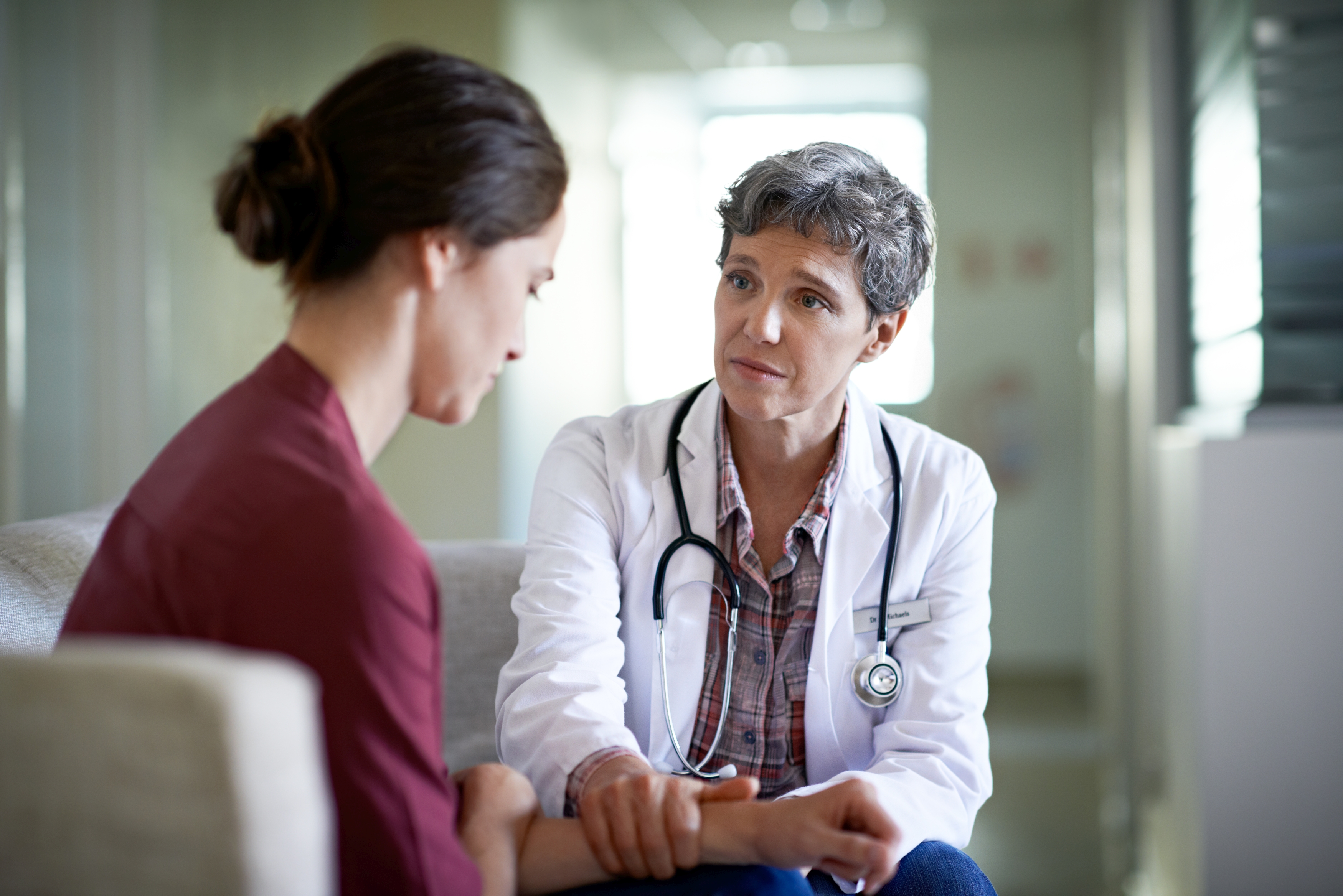Towards cancer care that listens to patients

Oncologist Dr Lidia Schapira on how responding to cancer patients’ cognitive and emotional experiences is an important part of treatment
Published 6 October 2017
How does a cancer patient’s experience of illness help to inform their treatment?
Clinical and research oncologist Associate Professor Lidia Schapira explains how health outcomes for cancer patients rely not only on timely diagnosis and medical intervention but on factors such as patients’ cognitive and emotional experiences, as well as communications in the clinic.
“There are different points of entry into cancer,” says Dr Schapira, “but what’s common to everybody is that it’s not as if you can just deposit your cancer for treatment and pick it up later. It involves the whole person.”
She adds: “The [treatment] experience is very fragmented and there’s often a lack of communication along the different clinicians on the team, and sometimes that is also accompanied by a lack of good and clear communication to the patient and to the caregivers of patients, family members. We need to get in there as soon as we can with supportive services and we need to personalise them and do this with the same rigour we do for typing tumours or doing pathology exams or genomic sequencing on tumours.”
Presented by Dr Andi Horvath.
Episode recorded 19 September 2017 Up Close producer: Eric van Bemmel Audio engineer: Gavin Nebauer Banner image: iStock
Subscribe to Up Close through iTunes.

